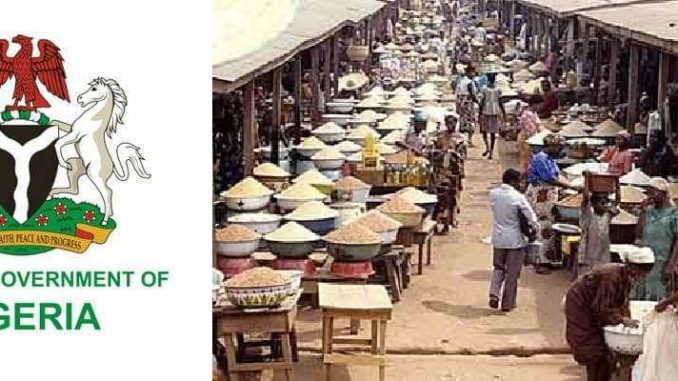
The International Monetary Fund (IMF) has urged the Nigerian federal government to give priority attention to issues of food insecurity to curb related crises.
IMF noted that the administration led by President Bola Tinubu inherited a difficult economic situation from the immediate past administration of President Mohammedu Buhari.
That administration, IMF said ground Nigeria on low growth, low revenue collection, accelerated inflation, and external imbalances over the years it lasted.
These observations were contained in an IMF End-of-Mission statement that was released after the completion of its Staff 2024 Article IV Mission to Nigeria.
The IMF mission chief to Nigeria,
Axel Schimmelpfennig led the IMF team that visited Lagos and Abuja from Feb. 12 to Feb. 23, 2024.
The team held discussions for the 2024 Article IV Consultations with the strategy government officer in Nigeria and compiled preliminary findings of their visit to the country.
Schimmelpfennig said the recent approval of a well-targeted and effective social protection system is an important step towards addressing food insecurity in Nigeria, and its implementation will be crucial.”
Schimmelpfennig also said that: “Nigeria’s economic outlook is challenging. Economic growth strengthened in the fourth quarter, with Gross Domestic Product (GDP) growth reaching 2.8 percent in 2023. This falls slightly short of population growth dynamics.
”Improved oil production and an expected better harvest in the second half of the year are positive for 2024 GDP growth, which is projected to reach 3.2 percent, although high inflation, naira weakness, and policy tightening will provide headwinds.
“With about eight percent of Nigerians deemed food insecure, addressing rising food insecurity is the immediate policy priority.
“In this regard, staff welcomed the authorities’ approval of an effective and well-targeted social protection system.
“The team also welcomed the government’s release of grains, seeds, and fertilizer, as well as Nigeria’s introduction of dry-season farming.”